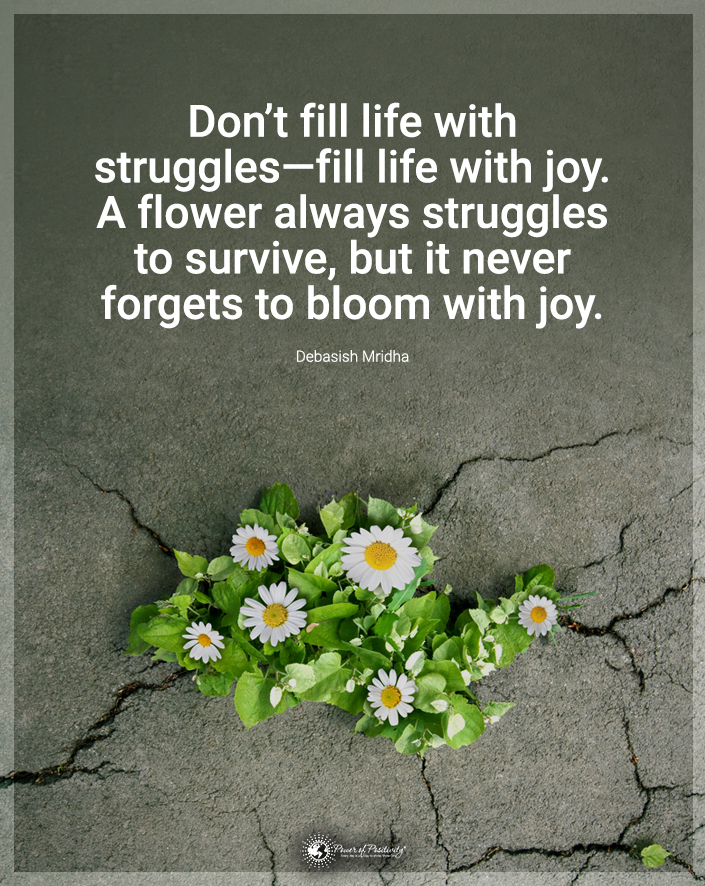When someone experiences emotional detachment, they’re unable or unwilling to connect emotionally with others. It might make you struggle with intimacy and become detached, and other people will have trouble reading you. Sometimes it’ll cause you to push people away or develop barriers when things get deep.
Sometimes emotional detachment can prevent or help you avoid drama, stress, or anxiety. However, when it’s involuntary, it can cause you to miss out on parts of your life. It can interfere with your friendships, romantic connections, and professional life.
Emotional detachment can make it hard to be open and honest about your feelings. Recognizing emotional detachment may help you address it and make positive changes. The changes can help you live a fulfilling life and bond with the people you care about.
What is Emotional Detachment?
It is likely emotional detachment when someone disconnects from others and the world around them. It’s a form of dissociation, making you emotionally and mentally detached even when you’re physically present. You might feel like you can’t or desperately don’t want to connect emotionally with others.
This detachment can develop in response to stress or trauma. Other times, it occurs because of an underlying psychological condition.
When you can control emotional detachment, it can be a helpful tool in setting boundaries. It can help you address people who take advantage of you or cause an emotional drain.
However, if the detachment is uncontrollable, it can be harmful to your well-being. You might feel numb or like you lack all emotion, sometimes referred to as emotional blunting. It is a problem and can indicate an attachment disorder.

Ten Red Flags of Emotional Detachment
If you think you or someone in your life might be emotionally detached, these signs can help you identify it. Once you know the signs, you can work on overcoming the situation.
1 – Struggling to Identify and Discuss Feelings
Having trouble identifying feelings is a sign of detachment. You might recognize that emotions are unpleasant but struggle to label them. It’s hard for you to differentiate between anger, fear, or grief. When you’re alone, you’d prefer to distract yourself than think about how you feel.
You’ll also struggle to share your struggles and emotions. Rather than tell others what you’re going through, you might suppress your feelings and downplay the situation. You’ll avoid letting anyone see you get emotional, even if it means going through everything alone.
Dealing with other people’s feelings will be uncomfortable for you, too. You’d prefer it if people didn’t come to you with their problems because you feel awkward in the situation. It indicates detachment if consoling someone makes you feel uncomfortable or on edge.
2 – Being Self-Critical
Frequently criticizing yourself signifies emotional detachment. It can cause you to lose motivation and avoid completing tasks because you think you won’t do well anyway. You might also be a perfectionist, leading to the belief that you’re not good enough.
3 – Depersonalization
Depersonalization causes you to feel like you or your surroundings aren’t real. People you know, events you attended, and other experiences might seem foggy in your mind. You might also feel removed from what’s happening around you and lack emotions regarding the situation.
4 – Lacking the Ability to Express Empathy
When someone wants to talk about something upsetting or your partner wants to discuss an argument, you might not want to. You may lack the ability to express the empathy it takes to offer comfort and words of support. While you might care and understand what they’re going through, your inability to show it can make them think you’re rude or uncaring.
Sometimes you’ll even want to be there for the other person but can’t find a way to connect. When that happens, you might shut down and detach instead.
5 – Having Trouble Setting and Enforcing Boundaries
For someone experiencing emotional detachment, setting and enforcing boundaries might be difficult. You might notice that you strive to please others instead of doing what’s best for you.
The inability or unwillingness to advocate for yourself causes you to miss out on self-care. It interferes with your needs and emotional desires, disrupting your overall well-being.
6 – Lacking Relationship Skills
You might find it hard to bond with people even when you care about them. Your lack of discussing emotions or handling deep conversations can make you dread spending time with them. You also might avoid being alone with someone so that you don’t have to engage as much.
Sometimes you might end relationships if you think they’re getting too deep. It can leave you lonely, even as you tell yourself you don’t need anyone.
7 – Feeling Uncomfortable with Compliments and Praise
Struggling to receive compliments and praise could be a sign of emotional detachment. It shows that you can’t accept the positive aspects of yourself, and it might make you feel awkward and tense. You might prefer to avoid the comments or deflect them, pointing out how you think it’s not true.
8 – Disconnecting During Conflict or Social Gatherings
You might find yourself reaching for your phone in social situations or a moment of conflict. It can make you struggle to keep up in social settings because you feel like you can’t offer what people want from you. Sometimes you’ll even respond inappropriately, such as laughing at painful or sad stories.
9 – Struggling to Identify Your Needs and Wants
Struggling to identify your needs and wants shows emotional detachment. If someone asks you what you want, your mind might go blank. You also might have trouble understanding how you feel in the present, interfering with your ability to identify these things.
10 – Using Sarcasm to Hide Feelings
Deflecting on serious topics, especially regarding your feelings, might be a sign of detachment. Making a sarcastic comment helps you feel protected from emotions. During moments of grief or disappointment, you’ll act unfazed to avoid turning the attention to yourself.
While you might think your sarcasm protects you, it can cause further issues. It can lead to missing the opportunity to eliminate your negative thoughts.
Five Causes of Emotional Detachment
Sometimes it’s hard to identify what causes emotional detachment, but there are a few things to consider. Some of the causes of becoming detached include these:
1 – Past Experiences Contribute to Emotional Detachment
Past abuse, neglect, or trauma could lead to detachment as a coping mechanism. The effects can stay with you into adulthood, affecting your relationships and well-being.
Growing up in an environment where you had to hide your feelings can also lead to dissociation. Rather than addressing or expressing your feelings, you’ll be more likely to disconnect and suppress your emotions.
2 – Mental Health Conditions May Cause Emotional Detachment
Some mental health concerns can contribute to emotional detachment. These conditions include the following:
- bipolar disorder
- personality disorders
- depression
- post-traumatic stress disorder (PTSD)
3 – Specific Medications Can Worsen Emotional Detachment
Some medications can have emotional detachment as a side effect. It can occur with antidepressant medications, including selective serotonin reuptake inhibitors (SSRIs). If this happens to you, discuss your feelings with your doctor so they can adjust your dosage or prescribe a different medication.
4 – Substance Use Disorder (SUD)
Experiencing a substance use disorder can lead to detachment. You might feel disconnected from the people around you and the world itself. Discussing treatment options with a professional can help you overcome the symptoms of SUD.
5 – Purposeful Behavior
Sometimes emotional detachment is purposeful and used to cope or protect you from stress or trauma. You might detach if you feel anxious or want to develop boundaries with people in your life. It can be a positive method, but it can become a problem if you use it often instead of figuring out your situation. It can also interfere with your relationships.
How to Overcome Emotional Detachment
If you recognize the signs of emotional detachment in yourself, you don’t have to live with it. You can overcome the situation and learn to accept, process, and discuss feelings. These tips can also help you relate to others without detaching.
Treat Underlying Conditions
If you have a mental health condition, treating it can help you stop detaching. You can visit a therapist to help you work through it, helping you find new ways to cope. They can also help you overcome trauma or negative experiences.
Identify Your Emotions
Identifying your emotions is the first step to overcoming detachment. You must acknowledge and embrace emotions if you want to learn to feel present. Start slowly so that you don’t overwhelm yourself but spend some time each day thinking about your feelings.
Practice Grounding
Grounding can help bring your body and mind to the present, allowing you to feel and interact. It also allows you to feel connected to the world around you.
Turn to Your Support System
You don’t have to go through life alone, even if you struggle to stay in the present. Turning to your friends and loved ones can help you overcome the situation. It might be hard, but sharing your feelings with them can help you feel heard and understood.

Final Thoughts on Red Flags of Emotional Detachment
Emotional detachment can interfere with your relationships and ability to cope with feelings. If you deal with this experience, you don’t have to deal with it forever. You can learn to acknowledge and process your emotions and begin connecting with others on a deeper level.
No matter the detachment occurs, there is a way for you to move on from it. Sometimes it can be beneficial, but it typically interferes with your chance to live a meaningful life. Consider using these tips to help you live a better life full of joy and contentment.
The post 10 Red Flags of Emotional Detachment appeared first on Power of Positivity: Positive Thinking & Attitude.








